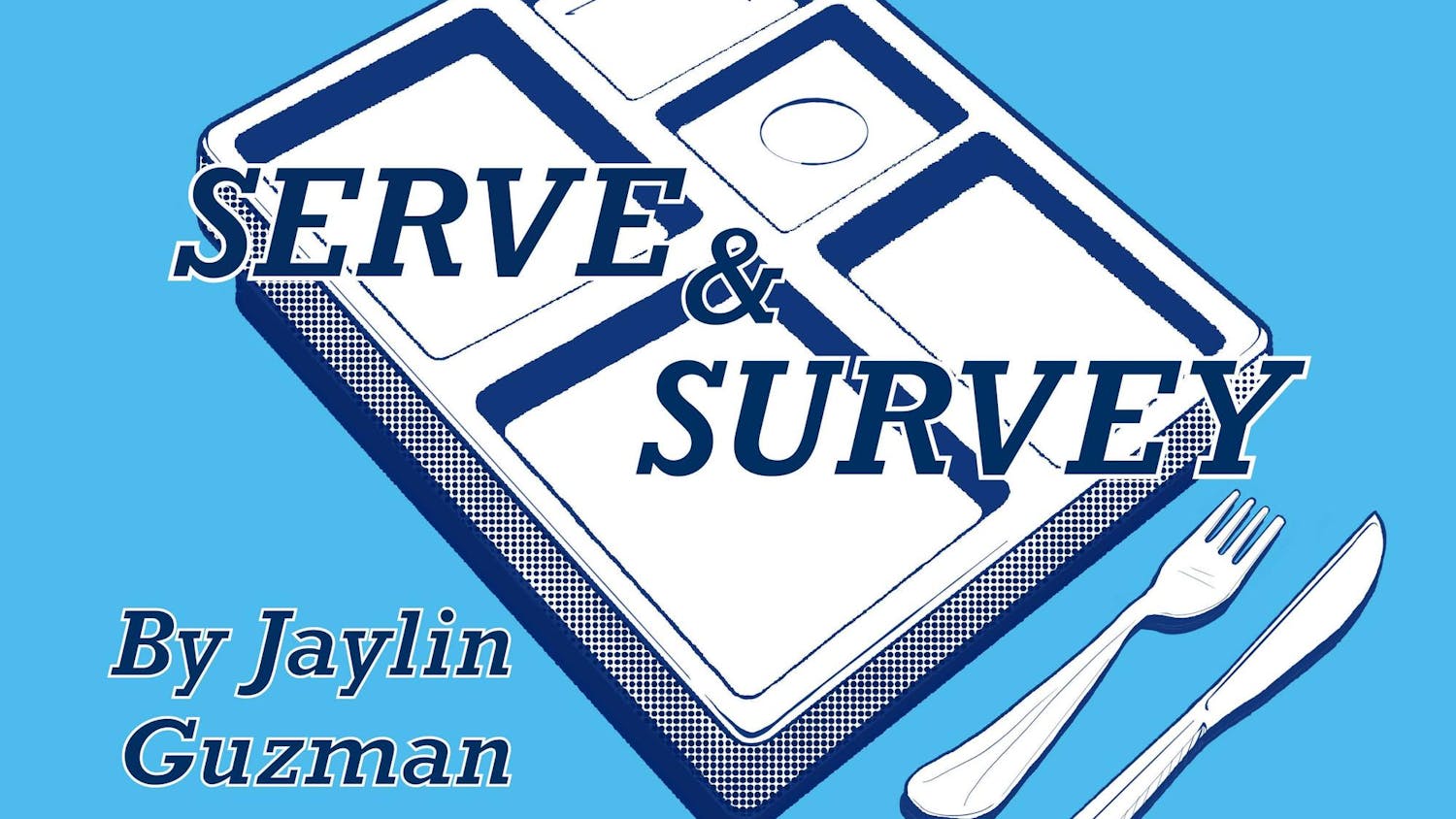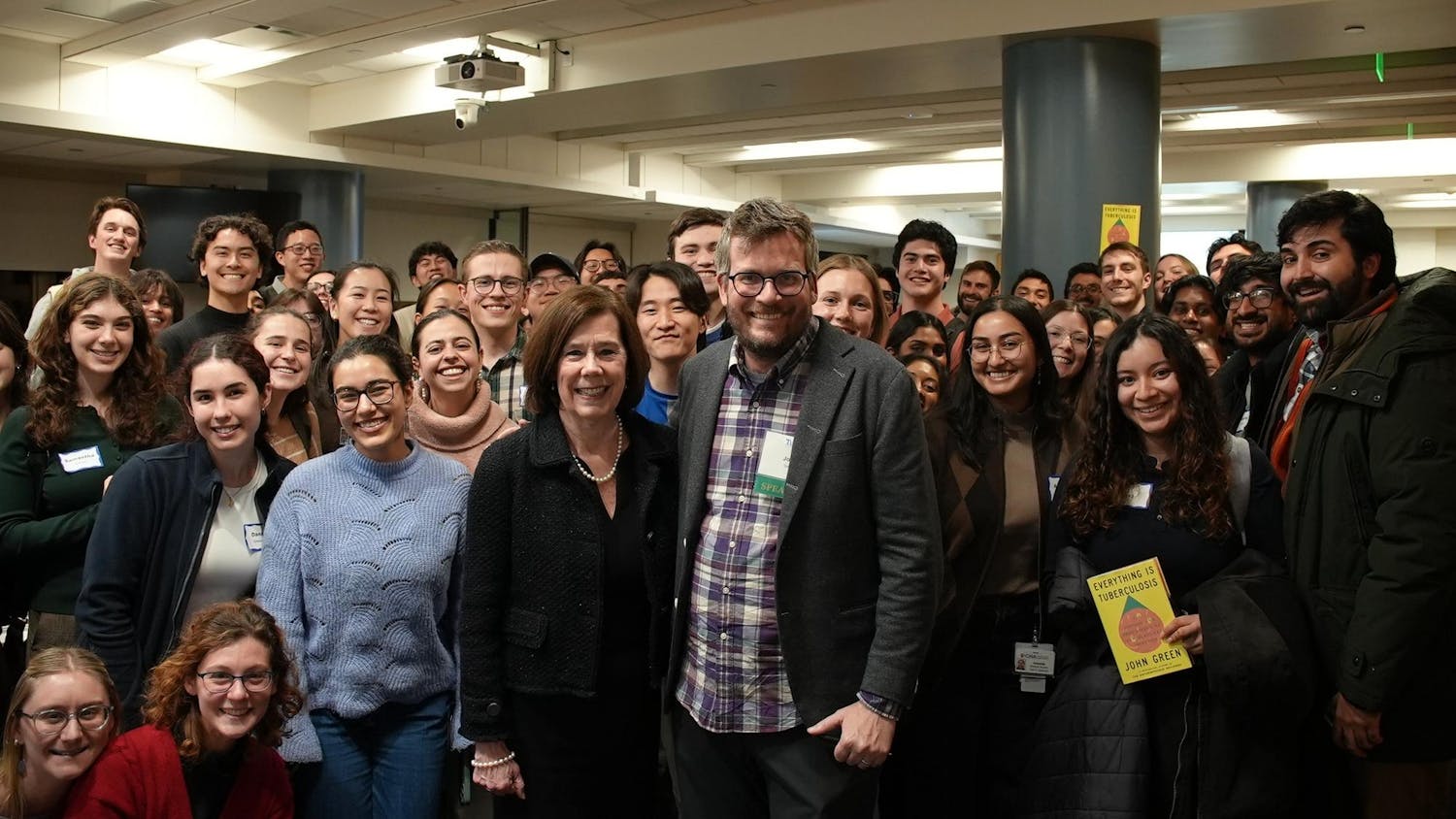Though perhaps counterintuitive given the university setting, it is true — student contact with professors, advisors or anyone in the administration can be as infrequent as one prefers. The scale of interaction changes depending on the individual student, but obligation remains low. Many aspects of university life are optional, and a lot of it seems superfluous (at best). Extra-curricular contact with highers-up may fall into this category.
Whether stemming from a lack of time, fear of perceived failure, distaste for authority, apathy or perhaps a wish to engage that has yet to fully form into action, many students pass up the opportunity to engage with professors or administrators directly. Some operate under the assumption that the concerns with which they approach these higher ups must either be related to academics, complaints or specific questions.
This is a stale interpretation of these human beings and their positions in schools relative to students. But why, if ever, would a student seek out their perspectives for anything other than the above listed intentions? Perhaps a sophomore, feeling lost and directionless, would find better comfort in talking with freshmen, recognizing that they are at least more enlightened in some senses than this certain subset of the population. It’s true — at any student level there is a welcome exchange of experience and understanding that comes from belonging to the same category within the university. This status is accompanied by a relief that others who are aged above you can be and frequently are less equipped to answer questions that really matter: What's it like to be a young person of color in America right now? What does it mean to be a woman who is coming into adulthood in the era of social media? What's it like to feel betrayed by your government on a fundamental level? In terms of experiential knowledge, there is great wealth in the student population, and this provides a satisfying enough experience for most that professors and administrators, the “behind the scenes” perspective-framers, stay in that place. So be it.
But the oscillation between hope and despair among students can be a little intense. Perhaps this truth is sharpened because it comes at a time when the climate is out of control and democracy at large seems on the verge of toppling. The youth are the pulse of the moment, a simultaneous product of the past and a vision for what's to come, and at present no authority seems credible. But go to a professor with your worry, with your doubt and, even when it seems things are ripping at the seams, you may hear the whisper of hope.
Correction: An earlier version of this article included an unverified quote that was obtained without permission. The Daily regrets this error.
More from The Tufts Daily
The Full Court Press: Rooting for the red, white, blue
By
Noah Goldstein
| February 20
Serve & Survey: Emotionally editing humanity
By
Jaylin Guzman
| February 20





